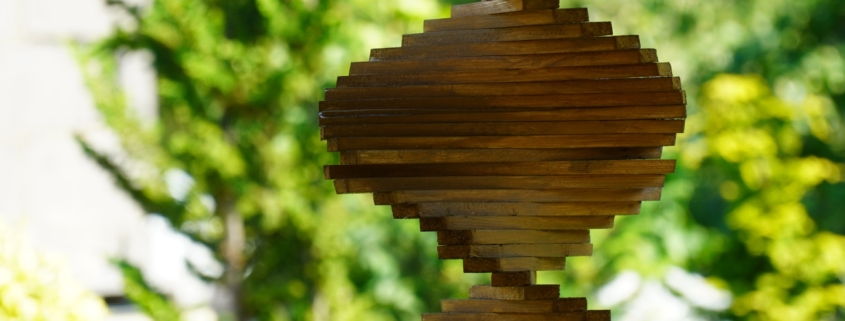“Unique DNA” isn’t exactly the point.

The phrase “life begins at conception” is too ambiguous. People can use it to mean conception is the starting point of an individual human organism, but also to mean it’s the starting point of a morally valuable human person. Those are two very different claims. For the most part I’ve stopped using the phrase “life begins at conception” and opted to be more specific: “The individual human organism’s life cycle begins with the zygote.” (Granted, that’s a lot wordier.)
When we pro-lifers assert that “science says life begins at conception,” pro-choicers frequently interpret us to mean science says morally valuable human persons begin at conception. But morally valuable human persons are a philosophical concept, not a scientific one. Science can’t say whether the human organism at the earliest stages is a morally valuable person.
But biology can, and does, tell us that the first stage of an individual human organism’s life cycle is the zygote. This is an important fact to establish. We can (and must) debate which human organisms are morally valuable people and why, but we can’t really have that debate until we have a shared understanding of when human organisms exist. It’s important for people to understand that sperm, eggs, skin cells, snot, and so on aren’t organisms. And the zygote is.
[Read more – The pro-choice view survives on widespread ignorance of biology]
We pro-lifers also like to point out that there is “unique DNA at the moment of conception.” This is a bit more precise, but can still mislead. Unique DNA isn’t really the point. After all, you can manipulate DNA sequences in lab settings for all kinds of purposes, and of course it doesn’t mean each new sequence is a separate organism. We can also clone animals, meaning the new sheep or cow or whatever has identical DNA to her “parent” (the animal she was cloned from), but that doesn’t mean she isn’t a new, separate organism.
However, cloning aside, anytime a new organisms is produced via sexual reproduction, that progeny will have a different DNA sequence from the parents (and, aside from monozygotic twins, a different DNA sequence from everyone else as well).
When we talk about “unique DNA” it’s really a shorthand for emphasizing that the new human is a separate organism from his or her parents. We don’t mean DNA is all that matters, which is why we don’t care when we scratch off skin cells: sure, they have human DNA, but they aren’t separate human organisms.
Conception is important not specifically because of the creation of unique DNA, but because the zygote is the first stage in the life cycle of a new human organism.
If you appreciate our work and would like to help, one of the most effective ways to do so is to become a monthly donor. You can also give a one time donation here or volunteer with us here.



